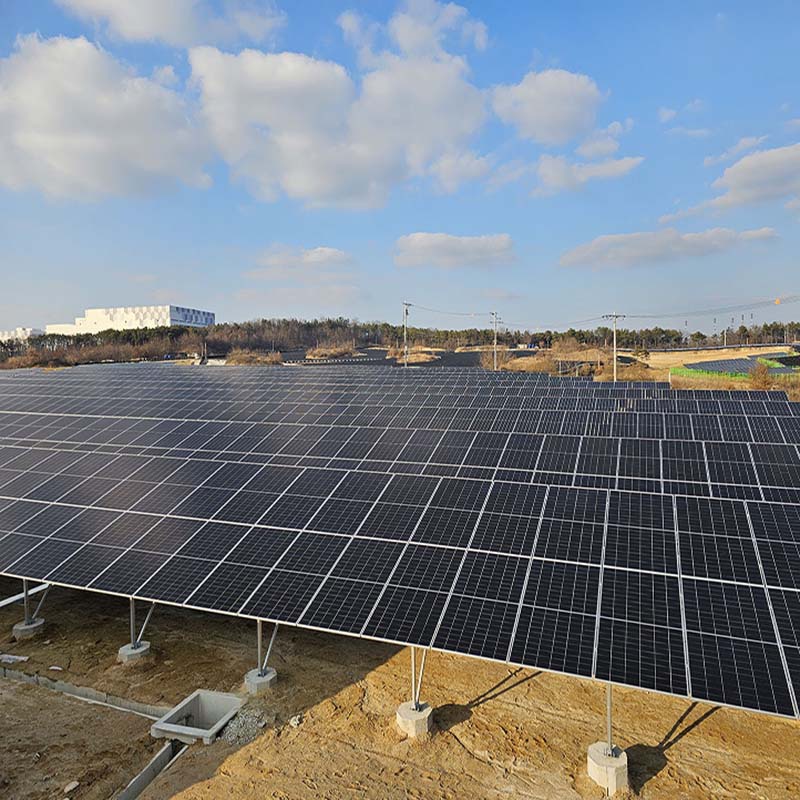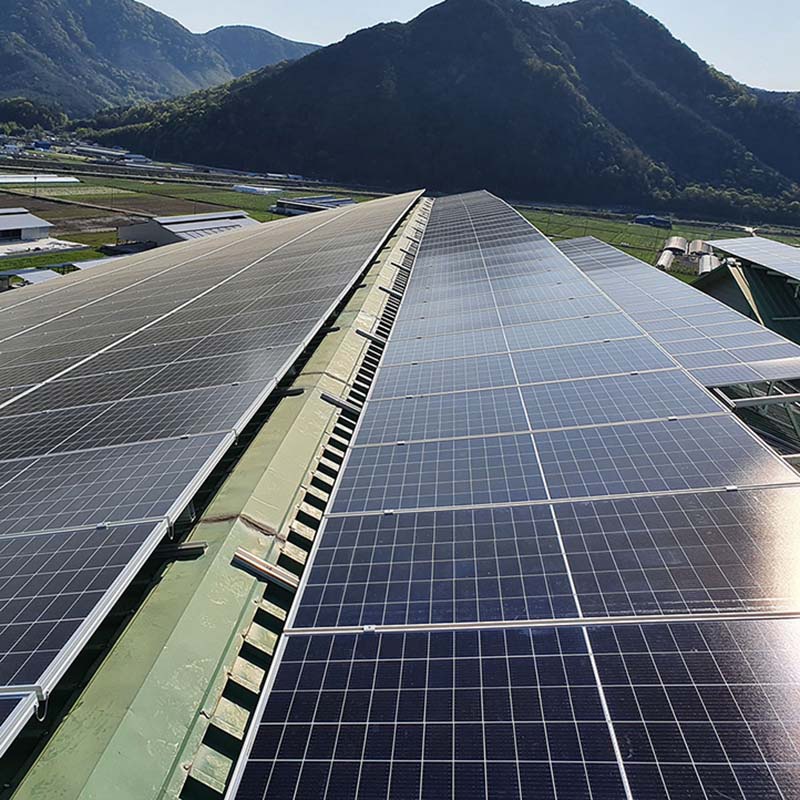Jan 14, 2025
Metal roofs are becoming an increasingly popular choice for solar panel installations due to their longevity and durability. However, installing solar panels on metal roofs requires a different approach than on other types of roofing. With various metal roof profiles, gauges, and materials, it's essential to choose the correct mounting system to ensure a secure and long-lasting solar panel setup.
In this article, we'll walk you through the key methods of mounting solar panels on different types of metal roofs, as well as considerations for ensuring a seamless installation.
Why Metal Roofs Are Ideal for Solar
Metal roofs are an excellent match for solar panels because they have a long lifespan. If you're planning to install solar but need to replace your roof, consider opting for a metal roof, which can last up to 70 years, far outlasting the typical 15-20 years for asphalt shingles. Most solar panels are designed to last 25 years or more, but they often continue to perform well beyond that.
When it's time to replace your solar panels—say, after 30 to 35 years—you won't need to replace the mounting brackets or rails. This means you can save on installation costs and avoid unnecessary disruption in the future, especially if you plan to stay in your home for the long term.
Installing Solar Panels on Standing Seam Metal Roofs
If you have a standing seam metal roof, you're in luck. This type of roof is ideal for solar panel installations because specialized mounting systems exist that clamp directly onto the seams of the roof. These clamps don't require drilling, which means no risk of roof penetration or water damage.
The clamps, typically made from high-strength aluminum, are secured with a single bolt, making the installation process quick and secure. These systems are built to last and often come with warranties of 10 years or more, though they are expected to outlive your solar system.
Solar Panel Mounting for Corrugated Metal Roofs
For homes with corrugated metal roofs, the mounting system will differ. Specialized brackets are attached to the high crests of the corrugations, ensuring that the roof's lower valleys remain undisturbed and free from holes. These brackets often come with rubber gasket seals to prevent leaks, so your installer won't need to use messy sealants on the roof.
This system ensures that your solar panels are securely mounted without compromising the integrity of the roof.
Solar Mounting for Trapezoidal Metal Roofs
Trapezoidal metal roofs have flatter areas between the peaks, and the ridge heights may vary. As a result, mounting systems for trapezoidal roofs are designed to fit snugly over the peaks, ensuring that holes are drilled above the base level of the roof to avoid potential leaks.
Like corrugated metal roofs, sealant is often used to ensure a watertight seal around the brackets. Some manufacturers offer over 15 different bracket options for trapezoidal roof types, so be cautious if your installer only offers a couple of options for versatility—this could compromise the integrity of your roof.
Fall Protection for Installers on Metal Roofs
On corrugated or trapezoidal roofs, installing fall protection equipment can be more challenging. Without standing seams, there are fewer options for securely anchoring fall protection gear. Often, this requires drilling into the roof to attach anchors.
Ensure that your installer uses appropriate fall protection anchors that won't cause leaks after they're removed. Proper care must be taken to avoid water damage once the installation is complete.
Conclusion
Installing solar panels on a metal roof can be a great long-term investment, but it requires careful consideration of the type of metal roofing you have. Whether it's a standing seam, corrugated, or trapezoidal roof, selecting the right mounting system is crucial to ensuring your solar panels are securely installed and that your roof remains leak-free.
When working with a trusted solar installer, they will be able to assess your roof type and choose the best mounting system for your needs, ensuring a smooth and efficient installation that will last for years to come.
Read More



